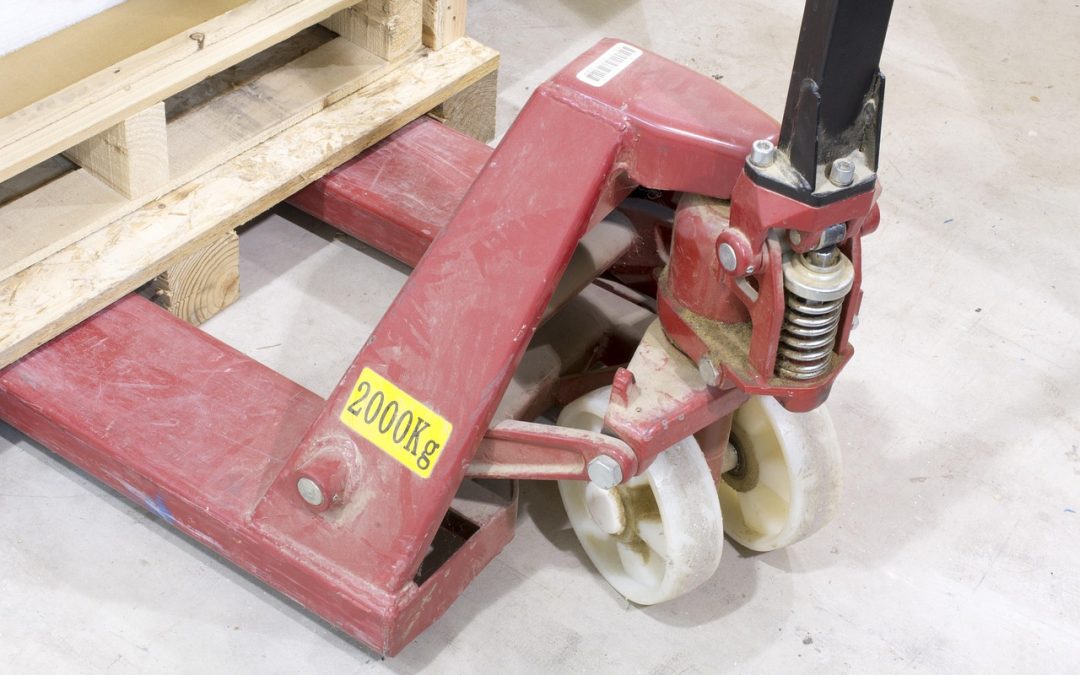By Mpho Selepe, Acting Logistics Manager: SPM
Logistics may sound like a behind-the-scenes function, but it’s really the lifeline of any operation. At SPM, we like to think of it as the careful choreography that keeps everything moving smoothly—from the first supplier to the final delivery. Here are the seven pillars that make it all happen.
- Material Sourcing
Everything starts with sourcing the right materials. Building strong, reliable relationships with suppliers ensures the right items are available at the right time. It’s like laying a solid foundation—you can’t build anything great without it.
- Inventory Management
Keeping track of stock is an art and a science. Good inventory management means having what you need when you need it, without crowding the warehouse or running out at the wrong moment. Balance is key—and a little bit of magic helps too.
- Order Fulfilment
Order fulfilment is where the plan meets action. It’s all about making sure the right products get to the right place at the right time. Accuracy, speed, and a touch of care make all the difference.
- Transportation Management
Getting things from A to B sounds simple, but there’s a lot behind the scenes. Route planning, carrier coordination, and careful monitoring ensure deliveries are smooth, safe, and on schedule.
- Warehouse Management
Warehouses aren’t just storage spaces—they’re carefully organised hubs of activity. From picking and packing to safe storage, every step is designed to keep operations flowing seamlessly.
- Distribution
Distribution is the final push to get products where they belong. Coordinating this step efficiently ensures transparency, control, and reliability across the entire supply chain.
- Returns Management
Returns happen, and handling them well keeps everything running smoothly. Clear procedures and prompt processing turn what could be a headache into just another part of the cycle.
Why it all matter
When all seven pillars work together, logistics becomes more than a function—it becomes a well-oiled system that keeps the whole operation moving. Understanding these elements helps everyone, inside and outside the organisation, appreciate the thought and care behind every movement of goods.

